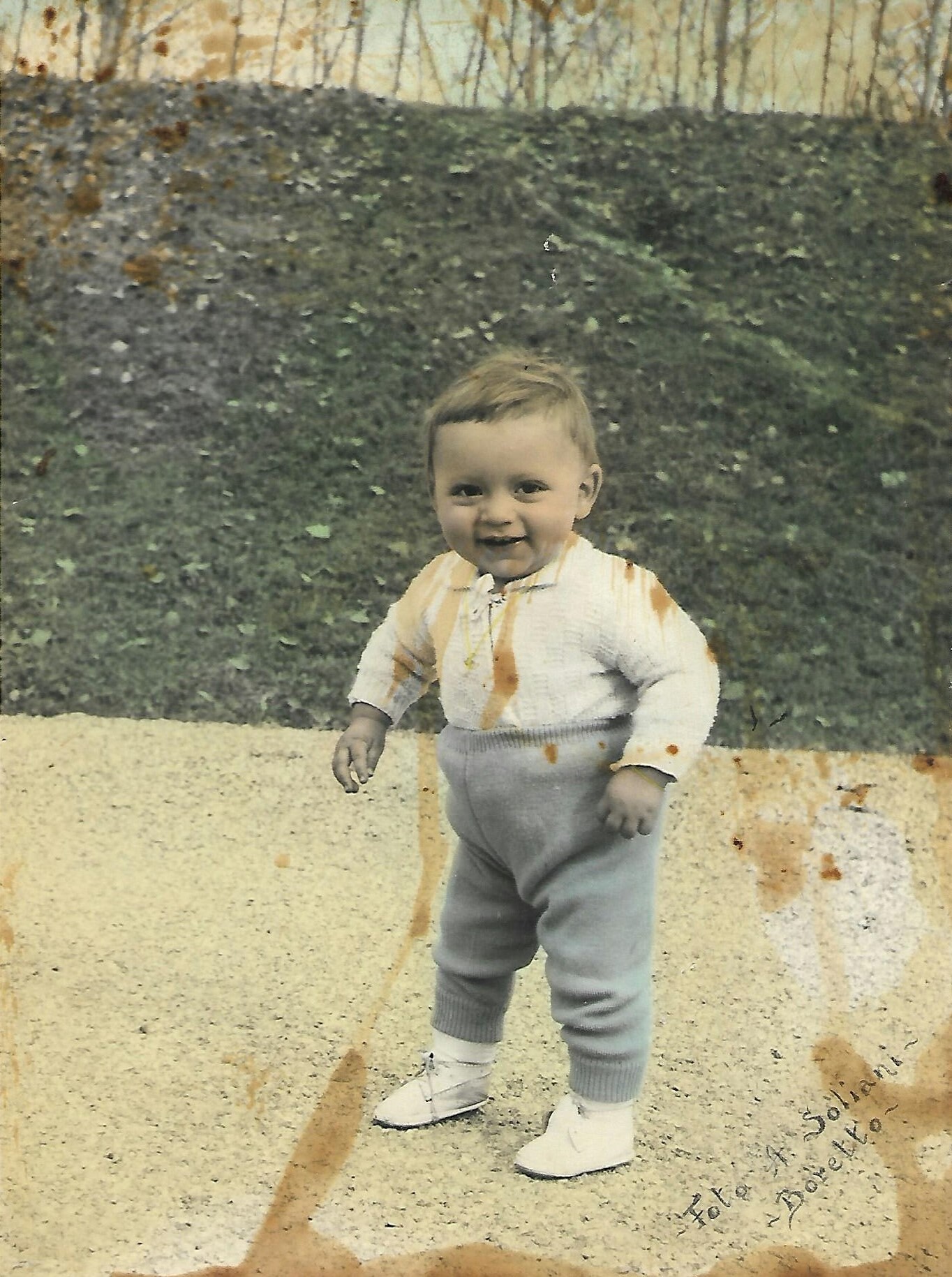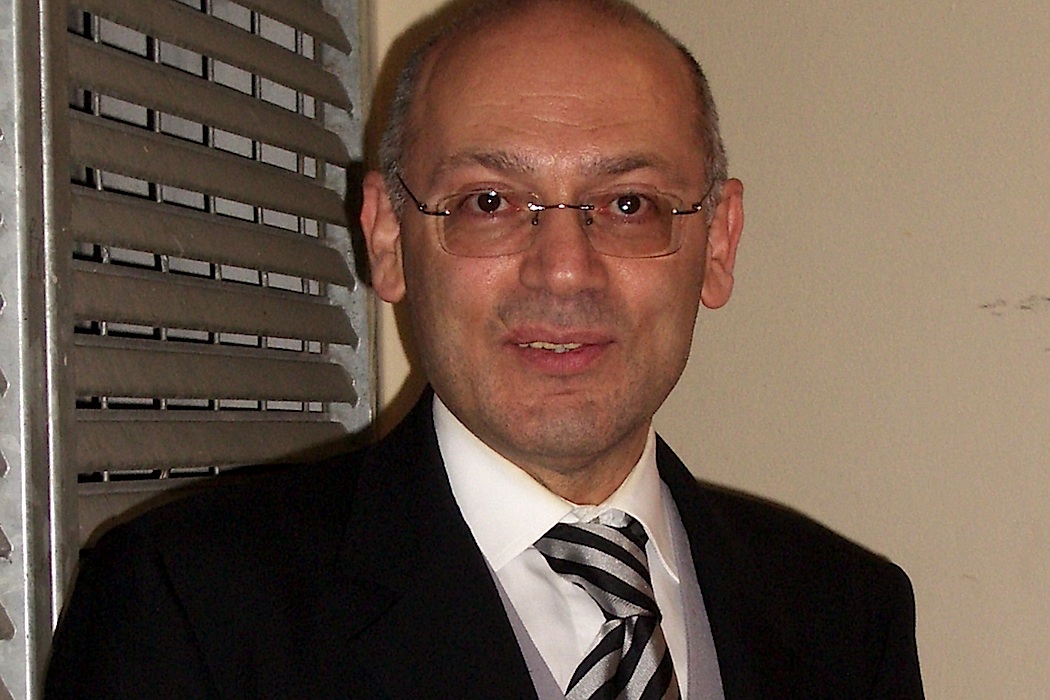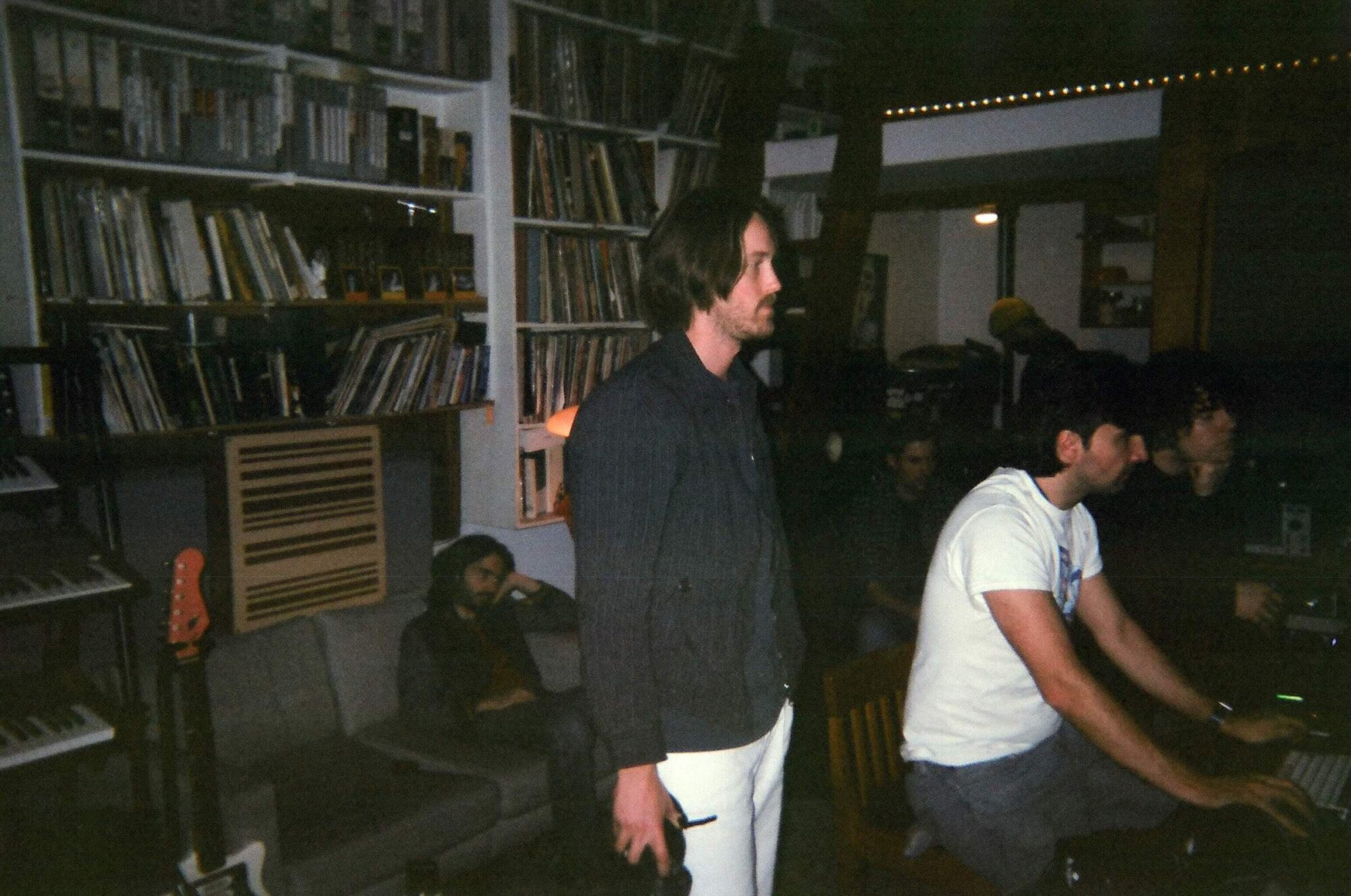Maurizio Bianchi | Interview | Italian Pioneer of Industrial Music
Maurizio Bianchi is an Italian pioneer of industrial music, originally inspired by the music of Tangerine Dream, Conrad Schnitzler and Throbbing Gristle.
Bianchi worked as a reviewer for Italian music magazines before beginning to release his own cassettes under the name of Sacher-Pelz in August 1979. He released four cassettes as Sacher-Pelz before switching to his own name or simply “MB”. During that time he corresponded with many artists from the industrial music and noise music scenes including Merzbow, GX Jupitter-Larsen, SPK, Nigel Ayers of Nocturnal Emissions and William Bennett of Whitehouse.

“I rely on my instincts”
Hello Maurizio, it’s so nice to talk to you on behalf of It’s Psychedelic Baby! Magazine. Let me start off with a question about your artistic beginnings. How was it like to create pioneering music in Italy?
Maurizio Bianchi: Being a pioneer of the experimental current in Italy has not been easy at all due to the local culture and tradition, always influenced by the mass media, prejudice and mental blindness. But I managed to persevere over the years and now in Italy there is a large following of serious and willing followers who want to scratch the surface of compositional futility to create something truly valid and innovative.
What is specific in the Italian scene? Do you consider yourself a part of any “scene?”
I don’t follow any scene in Italy, but I rely on my instincts, in fact I know some underground Italian artists who are outside of any scheme or definition, and I deal with logos with full knowledge of the facts. Among other things, I myself do not feel that I belong to any particular scene, but rather I belong to myself.
If you can recall, what was your first work you were really proud of? Can you tell us more about this work?
Perhaps the Sacher-Pelz tape titled ‘Cainus’. For me, creating something totally mine out of nothing was really such an exciting thing that it gave me the incentive to create other works marked by spontaneity and nonconformism.
How was the cassette scene back in the late 70s/ early 80s? Any interesting stories you’d like to share?
It was a truly primitive and genuine scenario in its spontaneity, one that unfortunately has been lost over the years. I remember the feverish search for the greatest number of contacts, both abroad and in Italy, to be able to exchange tapes, vinyl, but above all passion and emotions.
“The liberation of the most radical and extreme artistic expression”
I’ve always been fascinated with cassette culture. What was it about from your perspective?
It was about the liberation of the most radical and extreme artistic expression, but with a touch of poetic intransigence with the prevailing youth culture, contaminated by the clichés of fashion and stereotypes.
How would you define “industrial music?” I’m always surprised when people attach the “industrial” etiquette to techno music. What really is “industrial?”
Industrial is just a definition derived from a record label, the famous Industrial records, while for me it is the search for the imponderable inherent in the human soul and in the intricacies of neurotic psychosis.
What are some of your methods of composition? As a composer, how do you feel about the fabric of sound? Are there any specific things that inspire you?
Usually I don’t like talking about these technical-academic aspects, but if I really have to find an inspirational source, well I can find it in the desire to find something absolutely innovative, to which the instrumentation can only partially contribute because in reality what matters is the final result.
You have an amazing body of work. For beginners in the world of Maurizio Bianchi, which works would you recommend and why?
For the “initiated,” I would recommend ‘Armaghedon’ (M.B.) for the first period because it embodies the whole concept of technological decay, while for the second period, I always suggest the last work because it exemplifies my continuous artistic evolution.
You have also collaborated with many equally legendary and pioneering artists. Any favorite collaborations you remember?
I remember with a feeling of nostalgia my very first collaboration with Lieutenant Murnau / Vittore Baroni for its imaginative versatility, while I will never forget my collaboration with Frequency In Cycles Per Second / Sandro Kaiser for its invaluable experimental impulse.
Being around for decades, which decade do you find the most inspiring for art? Any favorite artists of yours we should look into?
The most inspiring decade was undoubtedly the 70s, which left an indelible mark on my artistic career, as groups and artists like Kluster and Conrad Schnitzler are truly unique.
Your music keeps changing and evolving. What lies ahead for Maurizio Bianchi?
As previously said, the last work is always the best one than the previous one, and therefore I’m always frantically looking for the perfect work, but since perfection doesn’t exist in this world… I’ll have to look for it in a futuristic New World.
Thank you for taking the time to talk to It’s Psychedelic Baby Magazine. Any special words for our readers?
For me it was an immense pleasure. What to add to what has already been said, both in this and in many past interviews? The difference between an intelligent artist and a wise one is that while the former learns from his mistakes, the latter learns from the mistakes of others so as to avoid making them.
A.J. Kaufmann
Headline photo: Perrylinx
Maurizio Bianchi Bandcamp





My name is lost in the dust and not mentioned in the list of ‘favourite collaborations’…